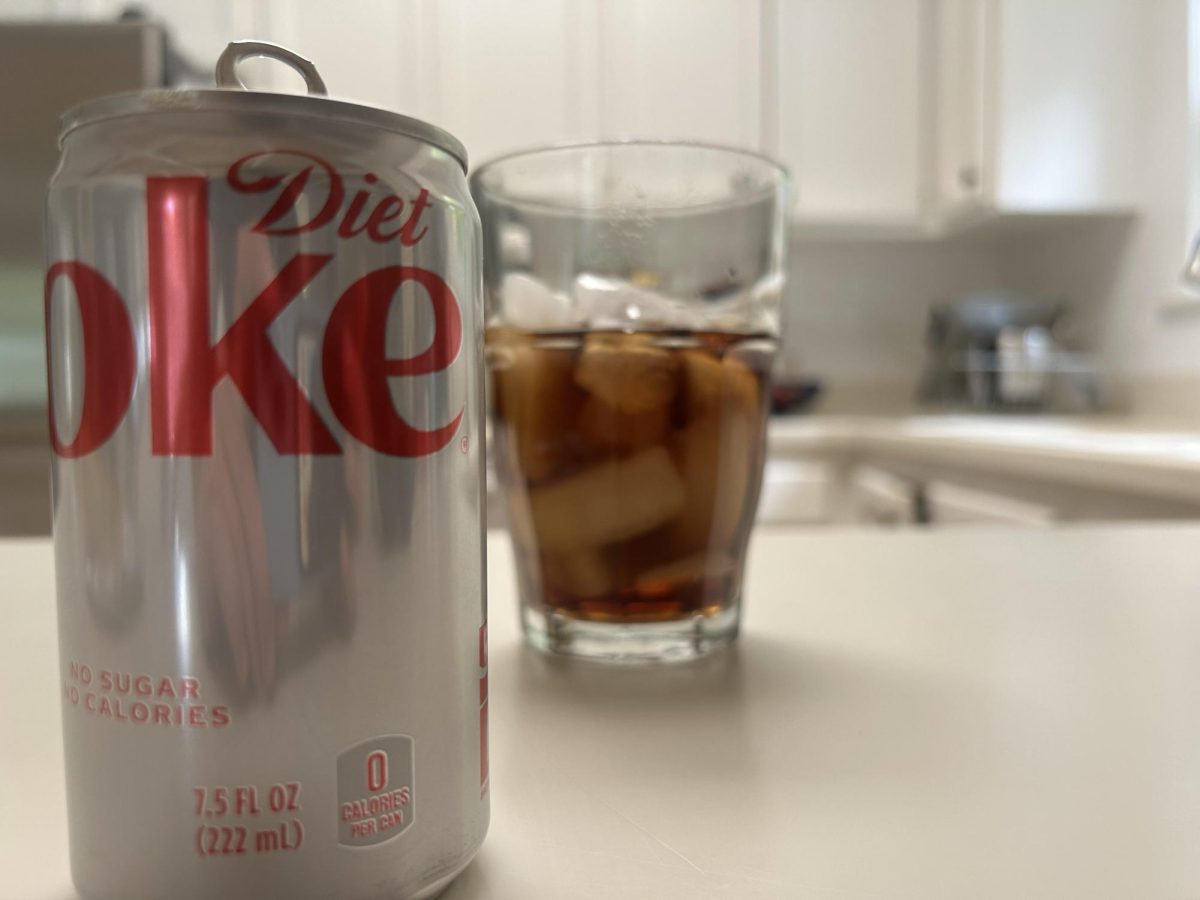One of my teachers told us a few weeks ago in class that, “These next three weeks are going to be tough. But, you’ll get through it if you make sure not to ‘spin.’” She defines spinning as losing focus by browsing through the explore page on Instagram instead of finishing history homework, or watching YouTube videos to procrastinate an English essay. However, that’s easier said than done for many. To achieve total focus and stop “spinning,” many Redwood students resort to taking amphetamines, specifically the synthetic mood-altering drug Adderall.
Adderall, a brand of Dextroamphetamine-Amphetamine, is a prescription drug used primarily to treat Attention-Deficit Hyperactivity Disorder (ADHD), but also narcolepsy. According to a John Hopkins Bloomberg School of Public Health 2016 news release, Adderall and other stimulants such as Ritalin, are misused in order “to help students stay up all night and cram.”
As finals season and the end of the semester quickly approach, so do late nights of studying and early mornings finishing assignments. The stress can become unmanageable for many, according to Corte Madera psychiatrist Emily Tejani. Based on her experience working with adolescents, she believes that the unprescribed academic usage of Adderall among students is due to the pressures put on students to succeed.
“There’s a tremendous amount of pressure to do well in high school in order to get into very specific colleges. That pressure is greater than it has been in the past for previous generations of students,” Tejani said. “[Current students] are really wanting to give it their all, and part of that is being willing to take a drug that has not been prescribed to them in the hope of being able to get better grades.”
“Jackson,” a student who wished to remain anonymous, uses the drug when he finds his work to be overwhelming.
“It keeps me on track. I could study for two hours straight without taking a break and I can get all my work done. I kind of enjoy [my work] as well,” Jackson said. “The only positive I get from it is just completing a bunch of work, and I have gotten better test grades from studying all night, so my grades do improve.”
In 2015, 7.5 percent of high school seniors reported taking Adderall unprescribed in that past year, according to the Monitoring the Future survey conducted by the University of Michigan. More than 90 percent of the unprescribed Adderall usage among adolescents and young adults is for studying purposes, according to the Journal of Physician Assistant Education.
One of the qualities Redwood prides itself on is its rigorous academic setting—it’s not surprising that many students partake in the 17 Advanced Placement (AP) and 10 honors classes available. After sophomore year, students can take as many AP classes as they want. According to the December Bark survey, 27 percent of students self-reported that they would consider taking Adderall unprescribed for their studies. In comparison to the national percentage of 7.5 percent, the amount of students at Redwood who would take Adderall unprescribed is far higher, likely illustrating one of the effects of a demanding academic environment.
Senior Davis Bason-Mitchell, who is prescribed Adderall for ADHD, believes that taking Adderall for academics isn’t worth the risk associated with its use or after effects.
“You have no idea what is going into your system. You may feel like you’re incredibly in depth, you may feel incredibly focused, it may do nothing. It may make you incredibly depressed, hyperactive or paranoid,” Bason-Mitchell said. “And particularly when people mix this and other stimulants like caffeine or other types of drugs or alcohol, along with stress, it’s a complete gamble. To get a good grade but then be rushed to the hospital, it’s not worth it.”
According to the Johns Hopkins’ news release, the most common source through which adolescents receive Adderall unprescribed is through their family and friends. Jackson confirmed that at Redwood, one of the largest contributors to unprescribed Adderall usage are students with prescriptions who would “give a pill to a friend when [their friend] needs it.”
Bason-Mitchell said he has been asked on multiple occasions to sell his prescription, even to people he doesn’t know.
“Probably about once every two to three weeks, and every time finals come around, people will come up and say, ‘Hey, do you want to sell me Adderall?’ Every two weeks I get hit up by people on Snapchat, on Instagram, through texts [and by] people in the hallway. I’ve seen kids that I don’t even know and they’ll come up to me,” Bason-Mitchell said. “I’ve always been in a position where I’m not comfortable. I tell them this isn’t gonna work.”
However, when the drug is used for its intended purpose, it can have life-changing effects. According to junior Cameron Gregory, who has been prescribed Adderall for ADHD for about a year and a half, taking it has completely transformed his academic experience. He believes the shift in mental attitude towards school is one of the largest components of why students take the drug unprescribed.
“Yes, it improves your focus, but your mood towards school, that’s what creates motivation. That’s what keeps you going, the feeling of actually enjoying learning. I can enjoy [school] now because of [Adderall]. I can come home and talk to my parents about school without one-word answers anymore,” Gregory said. “From all the research I did, I know what it feels like when you don’t have ADHD and you take Adderall. It makes you feel almost euphoric. That’s why it makes kids who don’t have ADHD focus more—they’re just so happy about [their work].”
Bason-Mitchell finds it alarming that the practice of selling and buying Adderall is so commonplace at Redwood that someone would approach him in the halls. The administration, he believes, ignores the issue, but there are still steps they can take towards addressing the issue.
“They need to take some time as teachers and as an administration to look at themselves and realize that we have a problem with [Adderall and other drugs]. We need to take some time during class to realize that [we] not only have an issue with [stimulants] but with stress,” Bason-Mitchell said. “[Students] need to pass this test and either they cheat or they take something that they believe will put them in a space where they can pass. [School] shouldn’t be about potentially sacrificing your health and your happiness to be able to succeed.”







